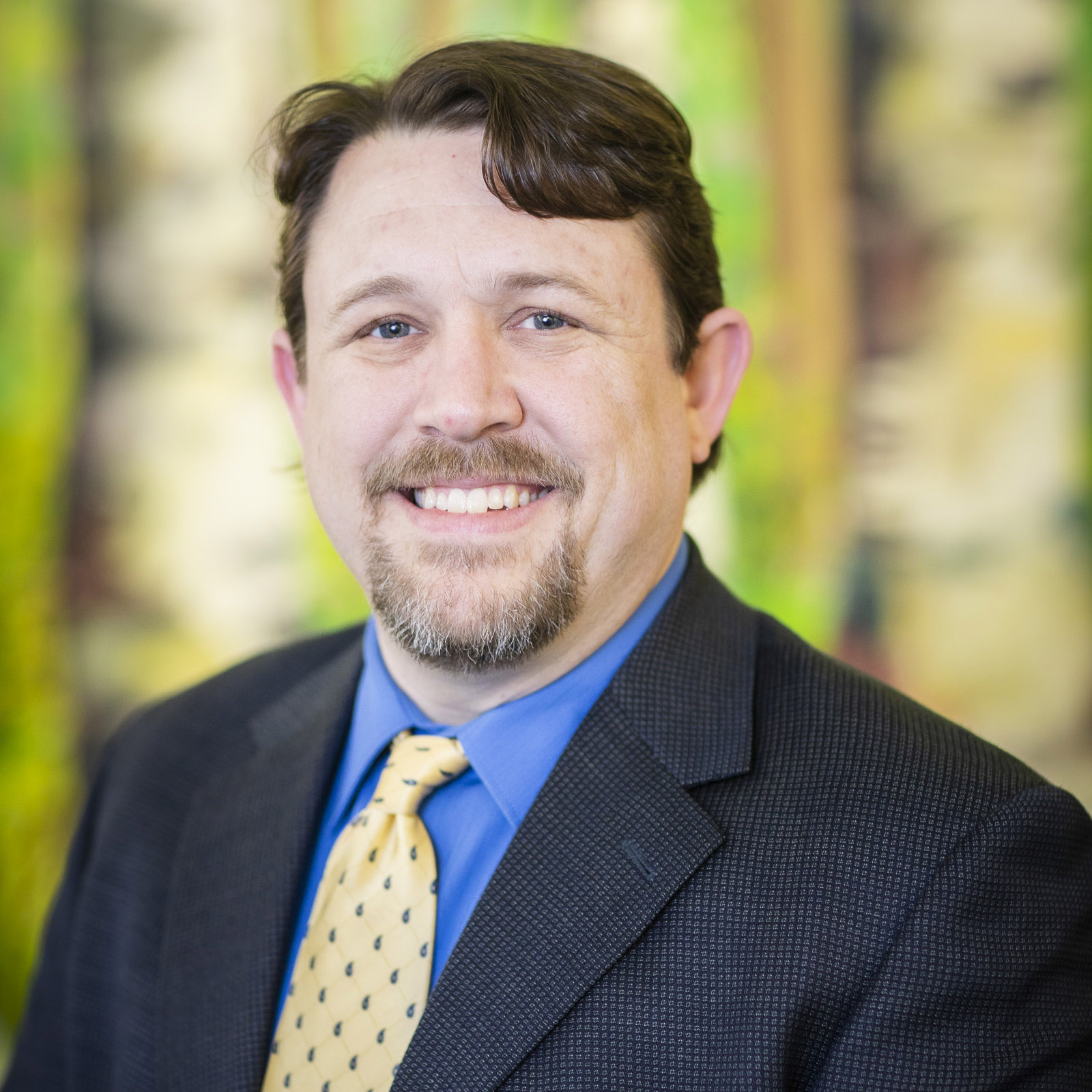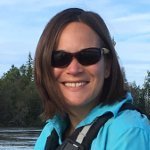Project Abstract
Significant progress has been made to improve the accuracy both of short-term weather forecasts and longer-term climate, sea-ice, and other environmental forecasts. Nevertheless, there remains a forecasting gap on the scale from two weeks to a few months, especially in the Arctic. This subseasonal-to-seasonal (S2S) scale is important for planning subsistence hunting, commercial fishing, hazard response and risk mitigation, and other activities. This project supports development of improved S2S prediction capacity through a collaborative design process and workshop, PredictFest, that engages Arctic stakeholders to identify needs and applications for such predictions. PredictFest participants will prepare research pitches that articulate stakeholder planning and decision making needs, identify technical and modelling approaches that respond to those needs, identify relevant connections and applications, and set out a plan for continued development. PredictFest provides an opportunity for Arctic residents and scientists to work together to develop applications for seasonal forecasts of sea ice, precipitation, and other environmental factors, which support traditional and commercial uses of marine and coastal regions. In addition, the project fosters a team-centered approach to applied research, education, and outreach and builds relationships between Arctic residents and scientists to support future work. Direct engagement between scientists and other Arctic residents, including Indigenous organizations, community members, business owners, and public decision makers, encourages new thinking about how seasonal forecast information may be used and what steps may be taken to realize stated goals.
This grant supports an innovative new approach to capacity building that leverages emergent S2S platforms and science to identify research programs to support the diverse set of Arctic stakeholder planning and decision-making needs. The project contains three phases: (1) stakeholder engagement and development of sub-seasonal to seasonal prediction focus, 2) composition of development teams and implementation of PredictFest, and 3) post-assessment and collaborative refinement of PredictFest outputs. Co-learning and co-production contribute to the rapid identification of arenas where seasonal scale predictions might be most beneficial to decision making in support of natural, built, and social environments. During PredictFest each participating team is comprised of natural and social scientists, stakeholders and community representatives, as well as technical support staff. The topic of focus, Marine Environments and the Near-shore Coastal Interface, generates distinct predictions that can be used to support community subsistence centered on marine mammals, commercial fisheries including fixed gear participants, and hazard response and risk mitigation planning. From a prediction standpoint a number of approaches will be pursued by the teams. These include developing new relationships between variables typically using linear models or tree-based learning, using time-series forecasting techniques models such as Autoregressive Integrated Moving Average (ARIMA), and pattern recognition.
Logistics Summary
This project will build capacity for Arctic stakeholders in need of multi-scale predictions to improve sub-seasonal to seasonal (S2S) scale climate and weather predictions by engaging stakeholders in a 2 day workshop. "PredictFest" will be held in Fairbanks, Alaska and depending on Covid-19 impacts a virtual workshop will be held in October 2021. No fieldwork will be conducted.
Project Location
Dates
-Location
Fairbanks, AKMembers
Principal Investigator

Co-Principal Investigator

Co-Principal Investigator

Co-Principal Investigator

Co-Principal Investigator

